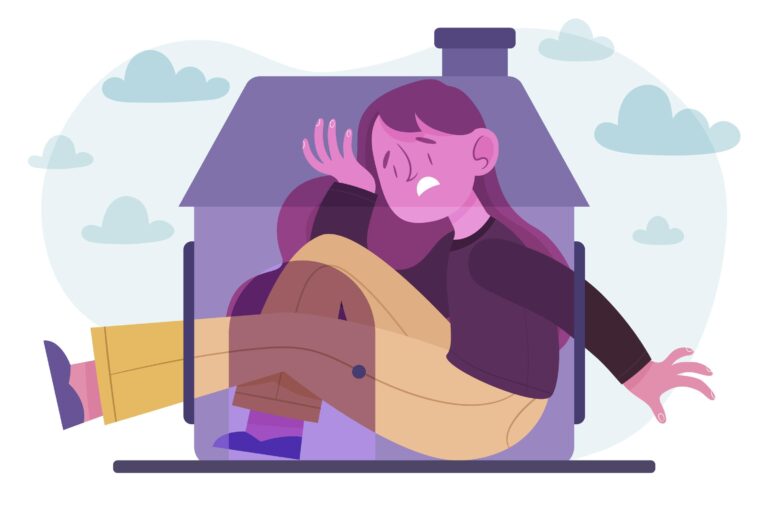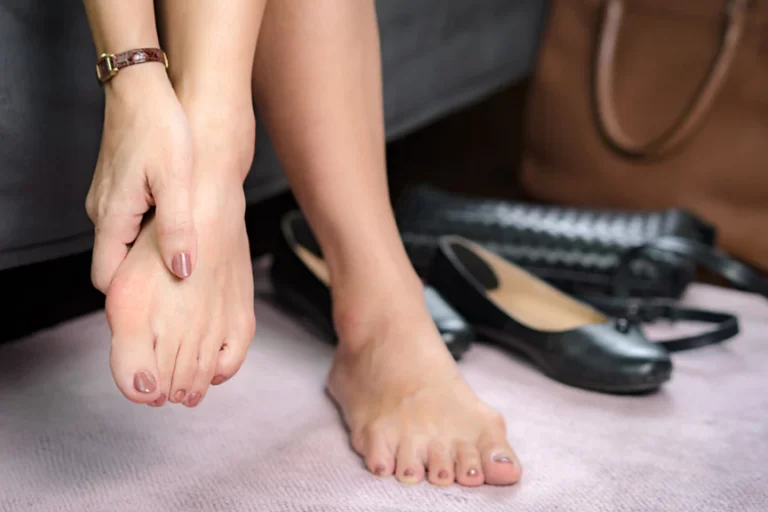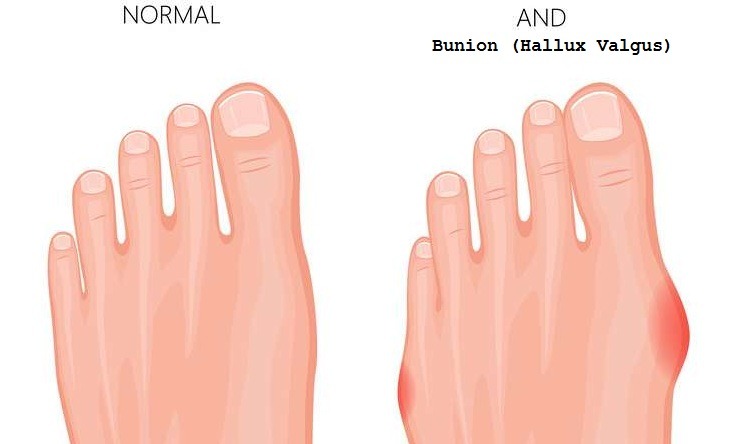Foot deformities are a common medical condition that can affect people of all ages. They can be caused by various factors, including genetics, injuries, and poor footwear. While the physical consequences of foot deformities are well-known, their psychological impact is often overlooked. This article explores the psychological impact of foot deformities and how they can affect a person’s mental health.
Types of Foot Deformities
This section explains the different types of foot deformities that can occur. It covers conditions such as flat feet, bunions, and hammertoes, among others. It should provide a brief explanation of each condition and how it affects the foot.
Flat Feet
Flat feet is a common foot deformity that occurs when the arches of the foot collapse. This condition can cause pain, discomfort, and difficulty in standing or walking for long periods.
Bunions
Bunions are a bony bump that forms on the joint at the base of the big toe. They can cause pain, redness, and swelling, and can make it difficult to wear shoes.
Hammertoes
Hammertoes are a condition where the toe bends downward at the middle joint, causing a hammer-like appearance. This condition can cause pain, discomfort, and difficulty in walking.
The Psychological Impact of Foot Deformities
This section discusses the psychological impact of foot deformities. It covers how they can affect a person’s self-esteem, confidence, and overall quality of life. It should provide real-life examples of people who have experienced the psychological impact of foot deformities.
Self-Esteem
Foot deformities can significantly affect a person’s self-esteem. People with foot deformities may feel embarrassed or ashamed of their feet, and may avoid activities that require them to take off their shoes, such as swimming or going to the beach.
Confidence
Foot deformities can also affect a person’s confidence. They may feel self-conscious about their appearance, and may avoid social situations as a result.
Quality of Life
Foot deformities can have a significant impact on a person’s quality of life. They can cause pain, discomfort, and difficulty in walking or standing for long periods, which can limit a person’s ability to participate in activities they enjoy.
Coping Strategies for Foot Deformities
This section discusses coping strategies for foot deformities. It covers ways that people with foot deformities can manage their condition and improve their mental health.
Footwear
Choosing the right footwear is essential for people with foot deformities. Wearing shoes that provide support and comfort can help alleviate pain and discomfort.
Exercise
Exercise can also help people with foot deformities manage their condition. Low-impact exercises such as swimming, cycling, or yoga can help strengthen the muscles in the feet and improve overall mobility.
Support Groups
Joining a support group can be an effective way for people with foot deformities to connect with others who share their experiences. Support groups can provide emotional support, advice, and resources to help manage the condition.
Patient Questions About Foot Deformities
Can foot deformities be prevented?
Foot deformities can be prevented in some cases by wearing appropriate footwear, maintaining a healthy weight, and exercising regularly.
Are foot deformities hereditary?
Yes, foot deformities can be hereditary in some cases. If a person has a family history of foot deformities, they may be more likely to develop them as well.
How can foot deformities be diagnosed?
Foot deformities can be diagnosed by a medical professional, such as a podiatrist or orthopedic surgeon. They may perform a physical exam, take X-rays or other imaging tests, and ask about a person’s medical history and symptoms.
Can foot deformities be treated?
Foot deformities can be treated in various ways, depending on the type and severity of the condition. Treatment options may include physical therapy, medication, shoe inserts or orthotics, or surgery.
How can I cope with the psychological impact of foot deformities?
Coping with the psychological impact of foot deformities can be challenging, but there are ways to manage it. Seeking emotional support from loved ones or a support group, practicing self-care, and engaging in activities that bring joy and fulfillment can all help improve mental health and well-being.








